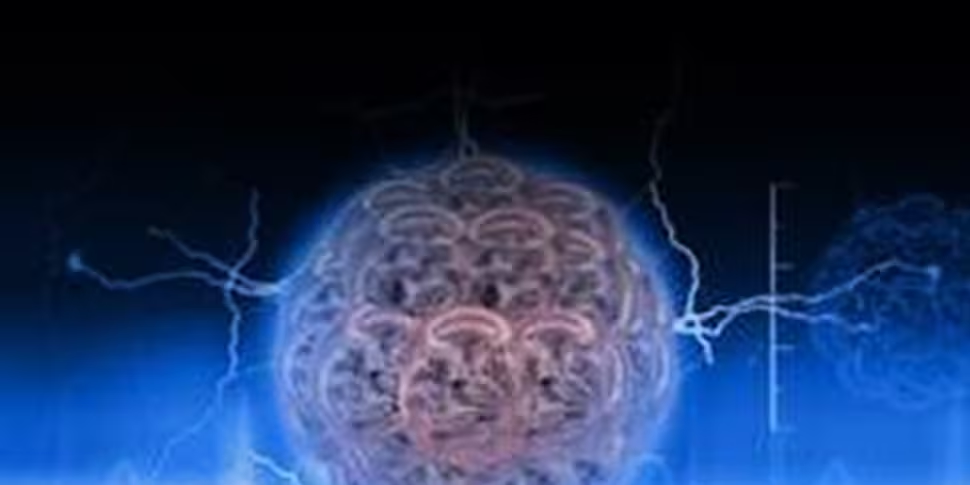The majority of cancers are down to bad luck more than anything else, according to scientists in the United States.
They say two-thirds of cancer types are down to random DNA mutations rather than heredity or bad habits such as smoking.
Researchers at the Johns Hopkins University School of Medicine in Baltimore looked at 31 cancer types and found that 22 could generally be explained in this way.
These included leukaemia and pancreatic, bone, testicular, ovarian and brain cancer,
The other nine types, including skin cancer known as basal cell carcinoma and smoking-related lung cancer, were more heavily influenced by heredity and environmental factors.
Overall, they attributed 65% of tumours to random mutations in genes that can spur cancer growth.
"When someone gets cancer, immediately people want to know why," said oncologist Dr Bert Vogelstein, who conducted the study with Johns Hopkins biomathematician Christian Tomasetti.
"They like to believe there's a reason. And the real reason in many cases is not because you didn't behave well or were exposed to some bad environmental influence, it's just because that person was unlucky. It's losing the lottery."
Dr Vogelstein added that people who live a long time without getting cancer, despite being long-time smokers or being exposed heavily to sunshine, do not have "good genes".
"The truth is that most of them simply had good luck."
They like to believe there's a reason
Mr Tomasetti said harmful mutations occur for "no particular reason other than randomness" as the body's master cells, called stem cells, divide in various tissues.
He said the study, published in the journal Science, indicates that changing one's lifestyle and habits like smoking to avoid cancer risks may help prevent certain cancers, but may not be as effective for others.
"Thus, we should focus more research and resources on finding ways to detect such cancers at early, curable stages," he added.
The researchers charted the cumulative number of lifetime divisions in the stem cells of a given tissue - for example, lungs or colon - and compared that to the lifetime cancer risk in that tissue.
Generally speaking, tissues that undergo more divisions - thus increasing the probability of random mutations - were more prone to tumours.
The study did not cover all cancer types. Breast and prostate cancer were excluded because the researchers were unable to ascertain reliable stem cell division rates.
Professor John Crowne, Consultant Oncologist, spoke to Lunchtime today and stressed that this research doesn't necessarily mean that people shouldn't take care of their health:
"You can hugely increase the chance that these mistakes will happen by doing bad things, like smoking cigarettes, like getting sunburn, we now know from being obese, from having alcohol.
"It's sort of a twin message. Message number one, yes you must understand that are some things you can't help, there are some things you can.
You can listen to his full interview with Ciara McDonagh here:









